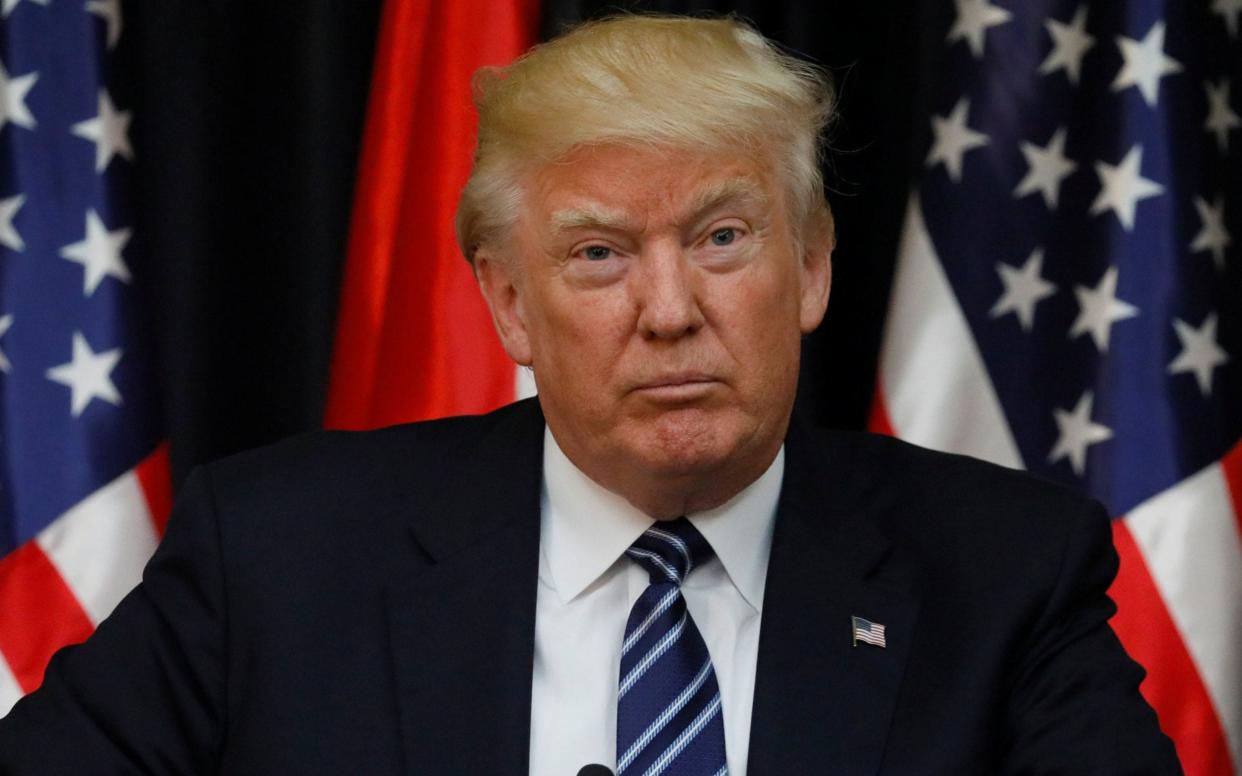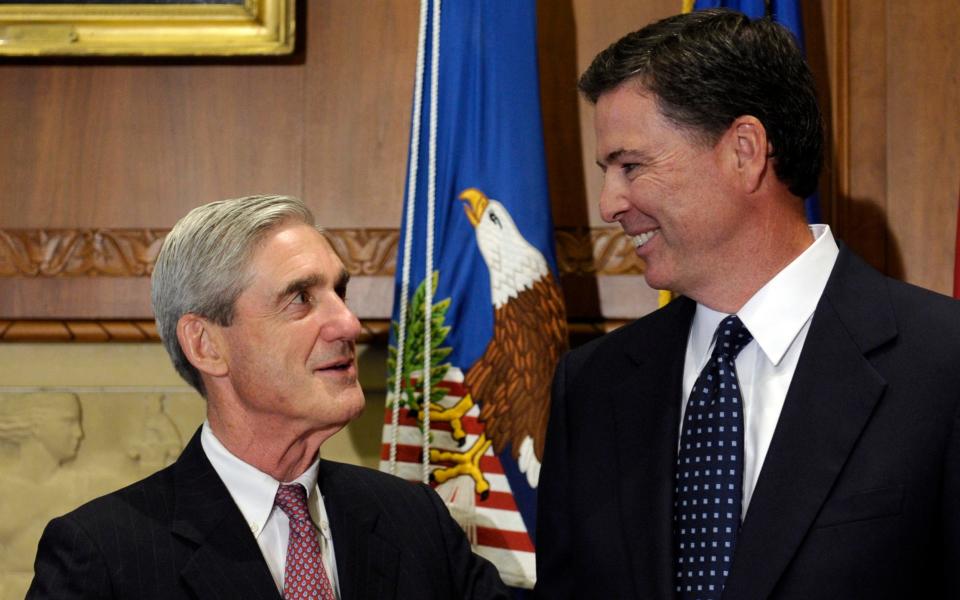Russian intelligence 'recorded discussing influencing Donald Trump'

American spies learned last summer that Russian officials discussed influencing Donald Trump through his senior advisers, it has been reported.
Russian intelligence and political operatives sought to win support from Paul Manafort, Mr Trump's then election campaign chairman, and Michael Flynn, who was fired as White House national security adviser in February over his conversations with Russia's ambassador in Washington.
The New York Times cited US officials familiar with the intelligence which found that the Kremlin operatives appeared confident that Mr Flynn and Mr Manafort could be used to help shape Mr Trump's opinions on Russia.
The revelations came after John Brennan, the former CIA director testified before Congress that he was "worried" during the presidential election that the Trump campaign was colluding with Russian officials to influence the outcome.
Mr Brennan told members of the House intelligence committee he feared the Kremlin had sought to suborn Trump associates, and that the FBI investigation into the alleged foreign interference is therefore "well founded".
Mr Trump is reported to have asked his intelligence chiefs earlier this year to help him push back against the FBI inquiry, and publicly deny the existence of any evidence of alleged collusion.
Donald Trump and the Russian connections
The Washington Post reported that in March, after the public testimony by James Comey on the matter, the president made separate appeals to Daniel Coats, the director of national intelligence, and Admiral Michael Rogers, the director of the national security agency.
Mr Trump's conversation with Admiral Rogers was documented in a memo written at the time by a senior member of the NSA, an official said. It's not clear if notes on the conversation with Mr Coats were also made.
Any such documentation could be handed over to Robert Mueller, the special counsel now overseeing the investigation, and to the four congressional inquiries into the affair.

Both intelligence chiefs refused to comply with the request, deeming it inappropriate, according to two current and two former officials.
“The problem wasn’t so much asking them to issue statements, it was asking them to issue false statements about an ongoing investigation,” a former senior intelligence official told the Washington Post.
Mr Trump has described the investigations as a "witch hunt". Replying to the Washington Post story, the White House said it would not "confirm or deny unsubstantiated claims based on illegal leaks from anonymous individuals".
In his testimony, Mr Brennan said it became clear last summer that Russia was attempting to interfere in the US presidential election, and that he warned Alexander Bortnikov, the head of Russia's FSB security service that such interference would hurt the relationship with Washington.
US intelligence agencies concluded in January that Moscow tried to tilt the November presidential election to Mr Trump's favour, including by hacking into and leaking the emails of senior Democrats. Moscow has always denied the allegation.
"It should be clear to everyone Russia brazenly interfered in our 2016 presidential election process and that they undertook these activities despite our strong protests and explicit warning that they do not do so," Mr Brennan said.
Donald Trump and Russian espionage

 Yahoo News
Yahoo News 
